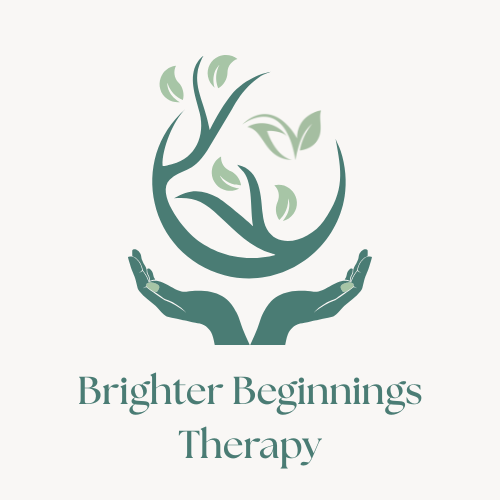Emotional abuse is a pattern of behaviour in which the abuser humiliates, insults, and instils fear in an individual. Emotional abuse can take many forms, it is insidious in that it is not always obvious that it is happening to us, and it can be even harder to spot, and confront, in others.
Also called psychological abuse and falling under the umbrella of domestic violence, it is the continual emotional mistreatment of a person (child or adult). It is a crime punishable by law of up to 4 years in prison in the UK for controlling and coercive behaviour. Section 76 of the Serious Crime Act 2015 defines the offence of controlling or coercive behaviour in an intimate or family relationship. This includes parents as well as partners.
Emotional abuse happens to men and women. Whilst I primarily work with women who are trying to leave, or who have left an emotionally abusive relationship, I also work with men who are experiencing controlling and coercive behaviour. There is an ongoing campaign by the police forces in the UK to encourage men to speak out about emotional abuse.
Emotional abuse can take many forms, some of the most common forms are:
Withholding
This can be withholding affection, love, communication, or money.
Emotional blackmail
Using your own emotions against you is a common form of punishment.
Intimidation
This can take many forms from shouting at you, making threats against you or your children, making threats against themselves to keep you behaving in a way that pleases them and using insulting language to make you feel worthless.
Isolating you from others
Abusers rely on your self-worth being eroded and they don’t want anyone to spot the signs of abuse, you are easier to control if you are alone. They can isolate you from friends, family, and even your children.
Gaslighting
Twisting words and memories to make you second guess yourself and erode trust in yourself and your self-worth.
There are many other forms of emotional abuse, and these will be covered in subsequent blog posts along with more detail on the forms of coercive control listed above.
There are things you can do if you feel that you are being coercively controlled or in an emotionally abusive relationship with someone:
- Women can call the National Domestic Abuse helpline run by Refuge on 0808 2000 247.
- Men can call the Men’s Advice Line on 0808 8010 327 or MenKind on 0182 3334.
- Speak to your GP or other health professional who can signpost you to local resources.
- You can go to the police. The police forces in the UK have specially trained officers who can offer advice on how to report coercive control.
Often, when we are in an emotionally abusive relationship we slowly start to see the signs and it can feel terrifying to report them to the authorities. Part of emotional abuse is to erode your trust in yourself so admitting that you are being coercively controlled can be hard. If you feel you are being emotionally abused, reach out to discuss how counselling can help you take back control of your thoughts and feelings in a safe way.
I offer a free introductory call so we can discuss your experiences and plan the best way forward for you safely. We can make a plan to increase your self-worth, build up resilience and free yourself from the effects of emotional abuse for a happier, healthier life. You CAN heal from trauma and emotional abuse.
Use the contact form to get in touch or call me, Lisa, on 0113 519 4603.
Image credit: Photo by Sydney Sims on Unsplash
